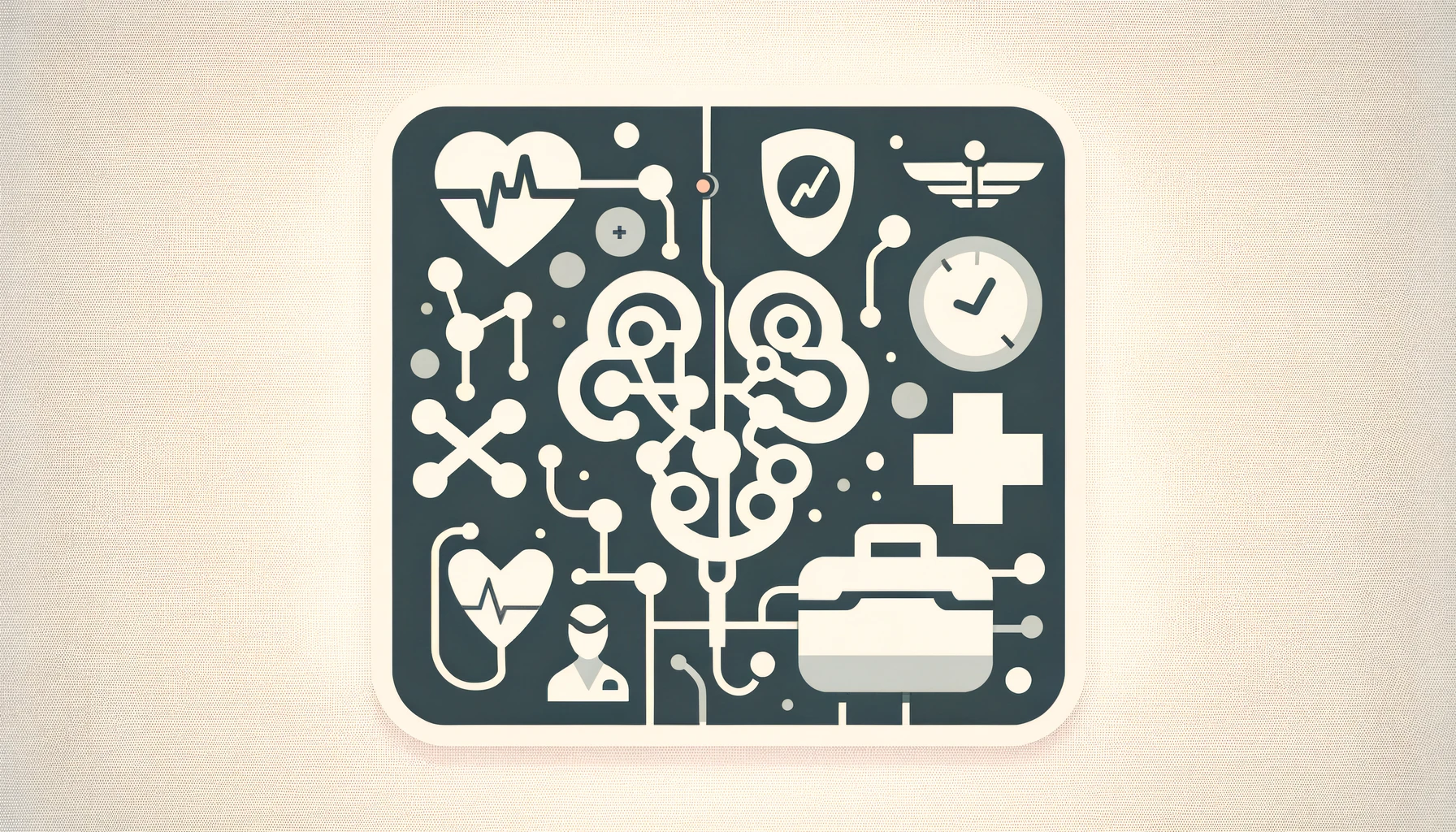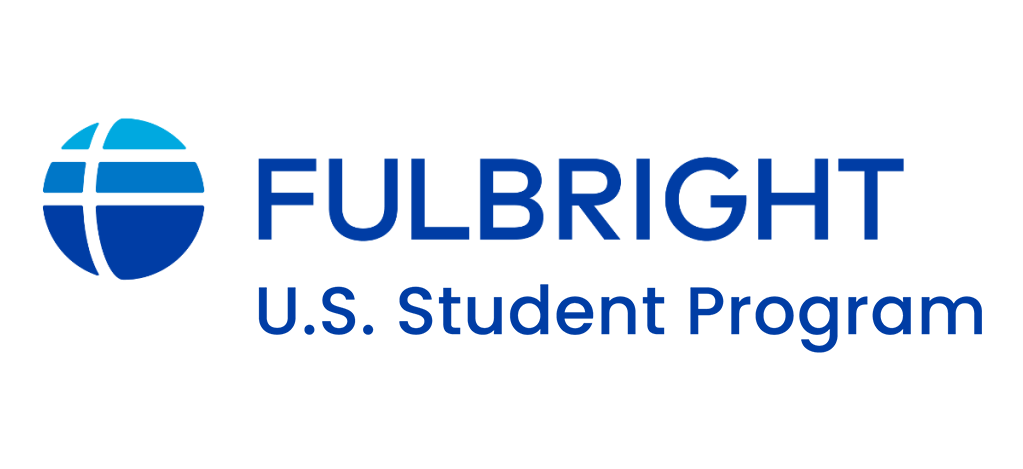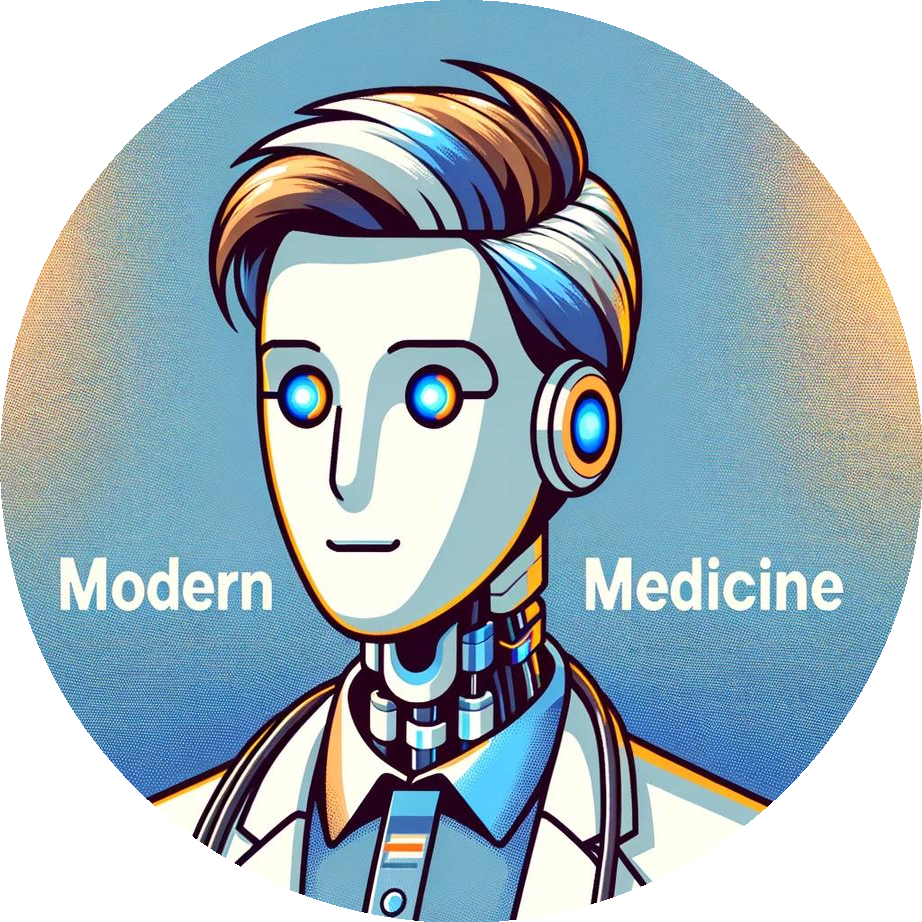The best year of my life has been doing my 10 months of AI Research in South Korea through the Fulbright Organization. For both my personal and life and my professional life, my time in Korea from 2021-2022 was fantastic, and I want to not only share details of my journey but also share some tips that I believe will be helpful for you if you want to apply for a Fulbright.
Let me first explain what a Fulbright Program is. In 1946, US senator Fulbright decided to start a program to facilitate International exchange of scholarship in research, education ect. So pretty much, it is a government funded program that allows you to do research or study in another country. There are various tracks that you can apply for (e.g., teaching, research, masters program) and each track and location has varying levels of competitiveness. I personally chose to apply for the Open Research track in South Korea.
I finished applying in the summer of my Junior year of college and at the time, I didn’t know anyone who had done the open research track. Usually, the most popular track is teaching track which you can find a lot more information about online than the former. I thought this post might be nice because I could start to fill in that gap.
Anyway, when I was putting together my application, there were 2 things that I focused on doing well which I think allowed me to get the scholarship:
- I made a very detailed research proposal.
- I found an awesome mentor that made it clear he was committed to advising me well based on his letter of recommendation.
The reason it is important to write a detailed research proposal for the open research track is that there is a lot of freedom that the Fulbright organization gives you, so you must be self-motivated and have some concrete plan for you 10 months. Luckily, I had a lot of past experiences doing clinical research so I did not have much trouble putting together the proposal. I actually was able to accomplish much more than I had planned for in my research proposal, thanks to my awesome supervisor –more on this later.
I honestly got super luck with finding a great mentor for my project. I started off looking for the largest academic hospitals in South Korea that was doing the research I was interested in. This was at the height of COVID-19 so I wasn’t getting any response for a while. But finally, one professor of psychiatry working at hospital I reached out to ended up responding to me saying he that he won’t take me in but that he will refer me to one of his colleagues who is a radiation oncologist doing AI research. I was like, wow, that is awesome.
Long story short, I scheduled a time to zoom call with my soon to be advisor and we agreed to work on writing up a proposal for research based on some of our mutual interests.
Fast forward now to the end of my senior year of college. I was getting a bit nervous as I entered into Spring semester since Fulbright didn’t send out results yet and I would need a job if I didn’t get the grant. Luckily I did get the grant and ended up hanging out until around early July when I got more information about the grant.
I left for Korea at the end of July and had a little time to get adjusted to the time difference before orientation started. My cohort was pretty small –less than 15 people– and everyone was studying a different topic which was pretty cool. I was one of the youngest in the group because I think the open research program trends older, but I never felt like I didn’t belong, everyone was super nice. Also, I was one of two people doing STEM related research, not sure why but a lot of people were doing research in the humanities that year.
After orientation, Fulbright was super hands off. They had me check in and write a monthly report, held fun events every once in a while, and sent us cool gifts, but other than that, I was left to work fully with my advisor at the hospital –I preferred this as someone who is most productive when given independence. My supervisor was so generous and kind. I got so lucky, man I don’t know how I could ever thank my mentor. One of my goals is to make an impact in the world of medical AI just show him my appreciation for his mentorship. I cannot express in words my gratitude to him.
My supervisor was a very busy radiation oncologist but he made time for me everyday and even took me out to get nice dinners and coffee every so often. His best friend is a medical physicist and has a medical physics lab where I got to work out of most days too. His friend also runs a medical software start up that creates deep-learning models to predict cancer lesions in patients automatically –super cool stuff.
My work was to help write research papers and do a bit of related coding. I did my best everyday and my supervisor gave me so many opportunities to be included in research project. By the end of the year, we were at 6 papers we had co-authored together.
I actually met my fiance towards the end of my stay in Korea too. She was a student at the univ which was the other awesome thing about Fulbright. And guess what, she is a baker! She is also just the best person to be around 🙂
I could honestly go on forever about my experience on Fulbright in Korea but I am getting kind of tired of writing so I’ll stop here. If you have any specific questions about Open Research Fulbright, please reach out to me! I know there isn’t much out there right now so I want to help anyway I can!
Q & A
Edit: Since posting this, I’ve had a bunch of people reach out to me via email, reddit or linkedin so I decided to put the following Q and A below:
I was mostly curious 1) about your research proposal and how fleshed out it was, and how involved your proposed mentor was in developing it 2) what your timeline looked like in terms of how far ahead your planned for submittal.
Hey, no problem! I don‘t think it’s too early to start reaching out. I would ask for a time to talk over zoom with an advisor and keep the email brief. Once you are on all call, see if he is willing to advise you during the grant period and ask him what kind of research projects he has in the works. Then ask if he could send over more info about a project and that you will put together a proposal based on it. Do some back and forth editing it, have him sign it, and you are good to go. The people reading your proposal are not likely physicians so you need to just be clear and concise about what exactly you will be doing –they just want to make sure you are independent and have stuff to do throughout the whole grant period. hope this helps, and goodluck!
What made you choose the research track over the ETA one?


